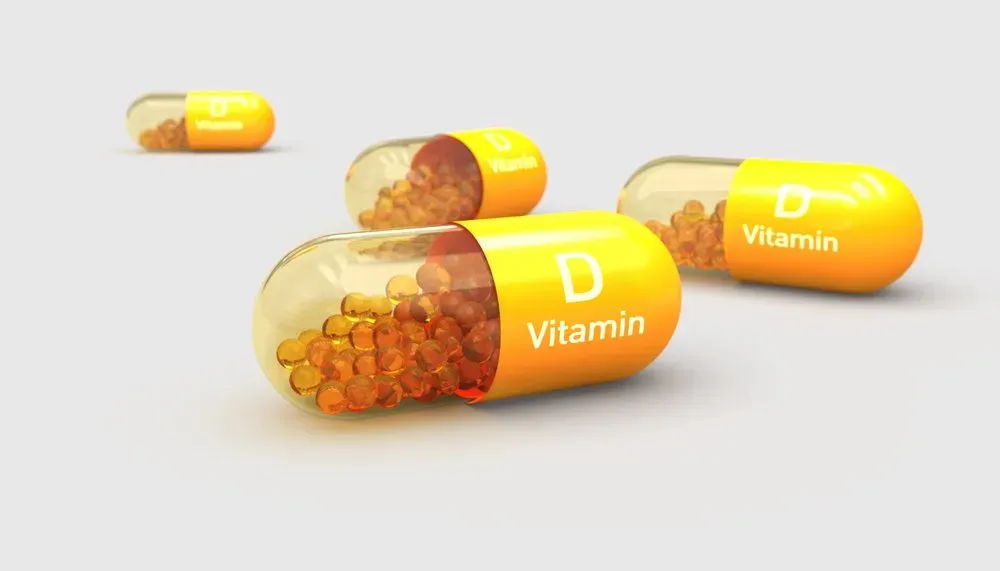
D-ilemma: The Surprising Way Vitamin D2 Affects Your D3 Levels
- Sep 29, 2025
Contrary to popular belief, the high-street vitamin D2 supplements you've been gobbling up might be backstabbing you by subtly dropping your blood levels of vitamin D3, the 'good cop' your body inherently prefers and utilizes more efficiently. In the onslaught of information overload, we're here to tell you like it is.
Despite the fact that an array of adults struggles to absorb enough vitamin D from oh-so-delicious food sources, sunlight and supplements are still touted as the unsung heroes of bone health, immune system upkeep, muscle persistence, and nervous system support.
A recent systematic review, which incorporated data from 1,080 participants who took part in 20 different studies, dropped a bombshell. Compared to those who played safe with no supplements, the vitamin D2 enthusiasts noted an alarming 18 nanomoles per liter (nmol/L) decrease in D3 blood levels. Utterly gobsmacked? We were too.
"It's not exactly holding a signboard shouting 'deficiency alert.', but let's call a spade a spade: the drop is significant,” expressed Emily Brown, the mastermind behind the study, in her typically no-nonsense fashion from her research hub at the University of Surrey.
Why should this worry you, you ask? Well, step into the potential health quicksand: less than 30 nmol/L of vitamin D in your blood could spell bad news for your health.
Previous studies have also tipped their hats to D3 for outperforming D2 and boosting total vitamin D levels more efficiently, alongside bonus points for immune health benefits. "Let's clear the record: D2 isn't a villain. It's okay to use as a supplement, but D3 does appear to be preferential and more beneficial," clarified Emily, putting the debate to rest.
And there's the rub, D2 supplements are plant-sourced while D3 is usually sourced from animals. So for the committed vegan and plant-based posse, D3 might be as accessible as a locked safe.
But here’s one for the naysayers: not everything is lost, and you don’t need to shovel D2 out of your life. "For those following a plant-based diet, it's a balance that needs to be struck: get some guidance, decide whether you prefer D2 or D3, and pop a vitamin D supplement when required," advised Sue-Ellen Anderson-Haynes, a notable dietitian.
Options such as mushrooms, fortified soy milk, salmon, and even vegan D3 supplements, curiously derived from lichen, can help you get a head-start on your vitamin D needs without hitting the panic button. But remember, moderation is key.
"We only need modest quantities of vitamin D for tip-top health, and the body does a sterling job of regulating vitamin metabolism," shared JoAnn E. Manson, an esteemed professor at Harvard Medical School. The daily vitamin D recommendation for adults varies between 600 and 800 International Units (IU). In short: Boldly go where many tread lightly and be wary of overdoing it.






